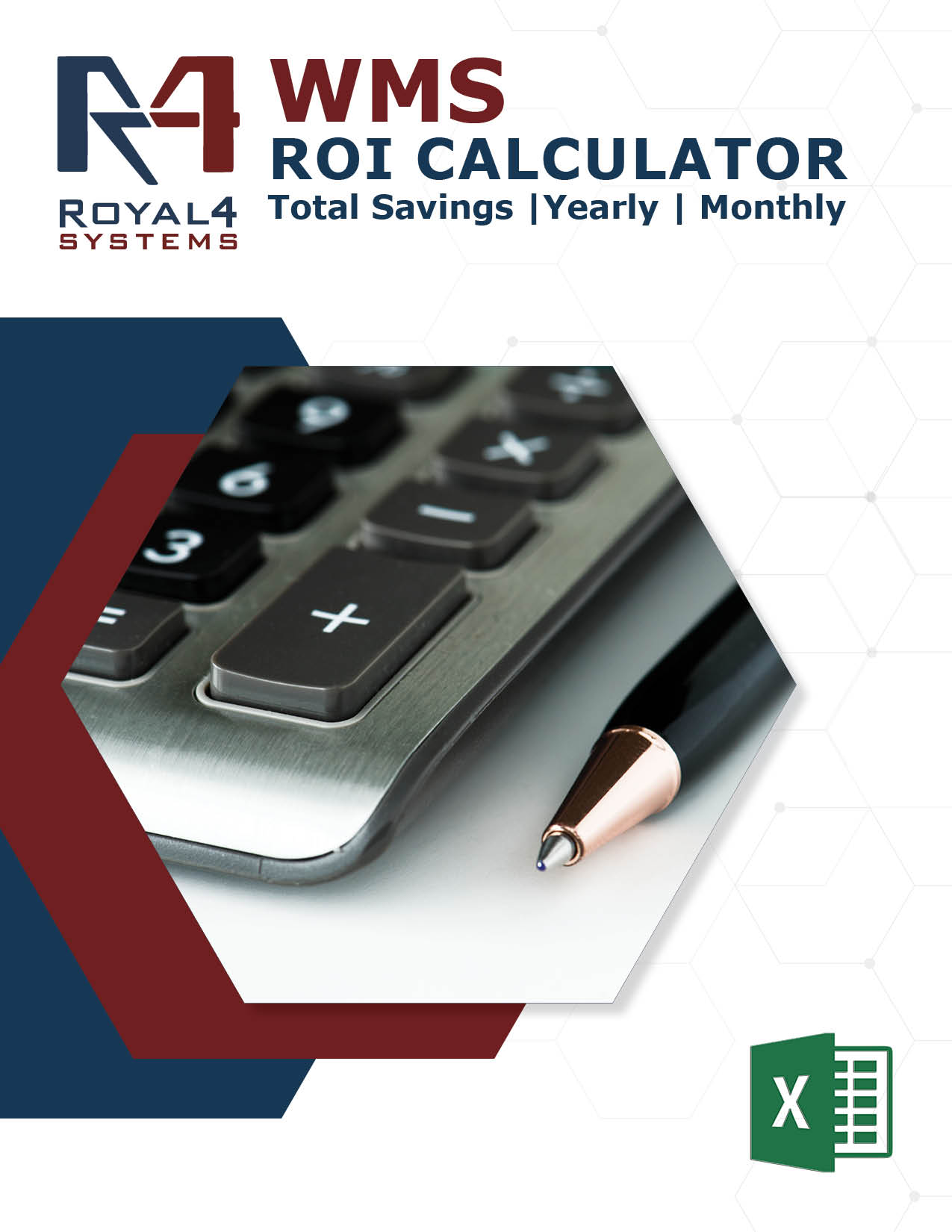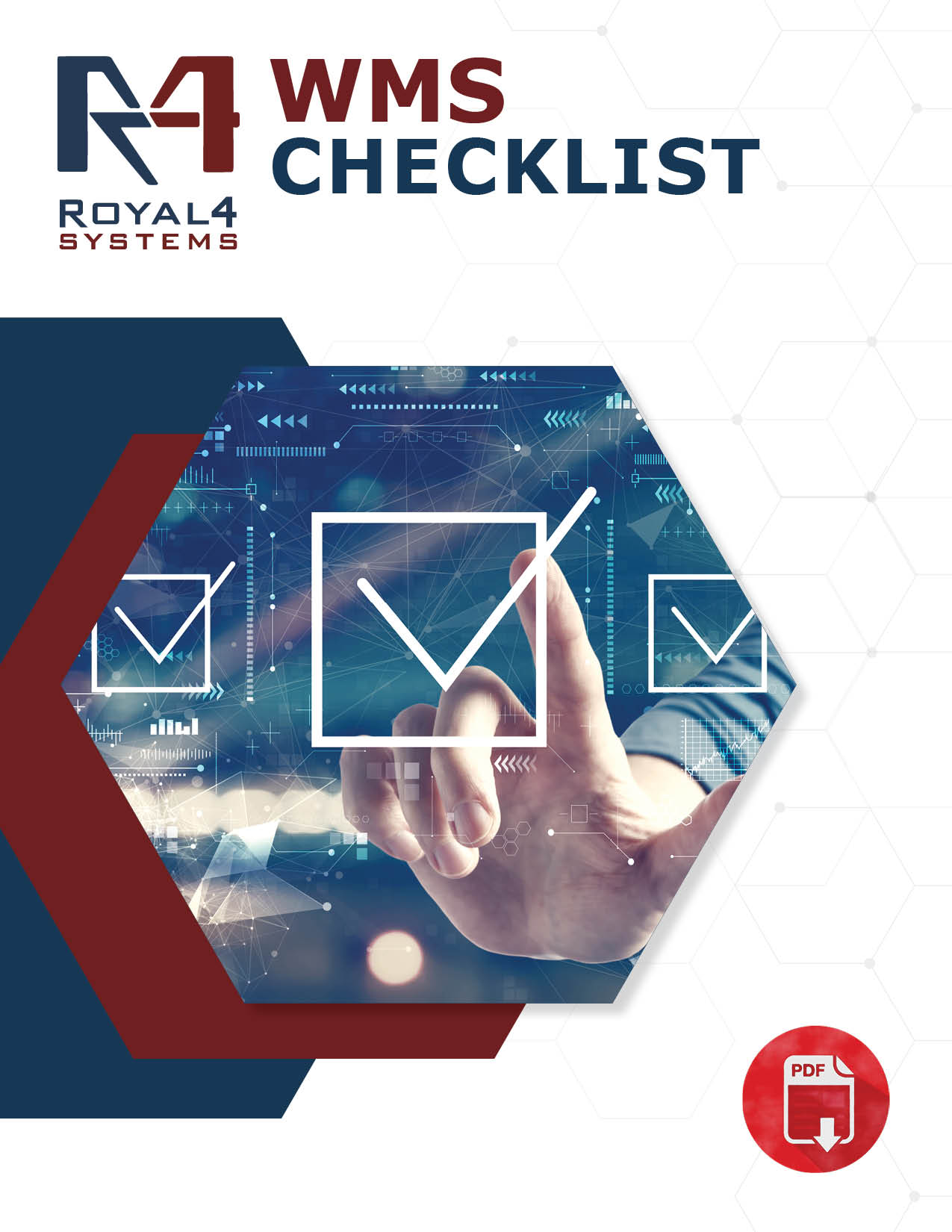
Inventory management is a critical aspect of retail operations, directly impacting profitability and customer satisfaction. As technology evolves, retailers increasingly turn to software solutions to optimize their inventory management processes.
Critical Trends in Inventory Management Software for Retailers
- Artificial Intelligence (AI) and Machine Learning: AI-powered algorithms can analyze historical data, sales patterns, and demand forecasts to optimize inventory levels and minimize stockouts or overstocks. Machine learning can also predict product popularity and identify slow-moving items.
- Internet of Things (IoT): IoT-enabled devices, such as RFID tags and sensors, can provide real-time visibility into inventory levels and locations. This data can be used to automate inventory replenishment, reduce manual errors, and improve stock accuracy.
- Cloud-Based Solutions: Cloud-based inventory management software offers scalability, accessibility, and reduced IT costs. Retailers can access their inventory data from anywhere and scale their systems as their business grows.
- Integration with Other Systems: Modern inventory management software seamlessly integrates with retail systems, such as point of sale (POS), e-commerce platforms, and supply chain management systems. This integration streamlines operations and provides a unified view of inventory data.
- Predictive Analytics: Predictive analytics tools can analyze historical data to forecast future demand, enabling retailers to optimize inventory levels and avoid stockouts or overstocks.
- Mobile Inventory Management: Mobile apps and devices allow retailers to manage inventory on the go, improving efficiency and accuracy in warehouse and store environments.
Benefits of Implementing Inventory Management Software
- Improved Inventory Accuracy: Real-time visibility into inventory levels and locations reduces manual errors and ensures accurate stock counts.
- Optimized Stock Levels: Predictive analytics and demand forecasting help retailers avoid stockouts and overstocks, reducing costs and improving customer satisfaction.
- Enhanced Efficiency: Automation and integration with other systems streamline processes, saving time and labor costs.
- Data-Driven Decision Making: Access to real-time data and analytics enables retailers to make informed decisions about purchasing, pricing, and promotions.
- Increased Profitability: Optimized inventory management can lead to lower costs, reduced waste, and higher sales, ultimately improving profitability.
Additional Considerations for Implementing Inventory Management Software
- Data Security: Ensure the software has robust security measures to protect sensitive inventory data and prevent unauthorized access.
- Scalability: Choose a software solution that can accommodate your business’s growth and future expansion, including increased inventory volume and complexity.
- Customization: Consider the software’s customization options to ensure it aligns with your specific business processes and requirements.
- Training and Support: Evaluate the vendor’s training and support services to ensure your team can effectively use the software and receive assistance when needed.
- Return on Investment (ROI): Calculate the potential ROI of implementing inventory management software by considering cost savings, increased efficiency, and improved profitability.
Future Trends in Inventory Management Software
- Augmented Reality (AR): AR can visualize inventory levels and locations, improving efficiency and reducing errors in warehouse environments.
- Blockchain Technology: Blockchain can provide a secure and transparent way to track inventory movement from suppliers to customers, reducing fraud and improving supply chain visibility.
- Artificial Intelligence (AI) and Machine Learning (ML) will continue to play a crucial role in inventory management, with advancements in natural language processing, computer vision, and predictive analytics.
Inventory management software is valuable for retailers looking to optimize their operations and improve profitability. By leveraging the latest AI, IoT, cloud computing, and predictive analytics innovations, retailers can gain a competitive advantage and ensure a successful future.
Request a Consultation
Need more information?
Solutions






![image001[25]](https://www.royal4.com/wp-content/uploads/2023/11/image00125.png)